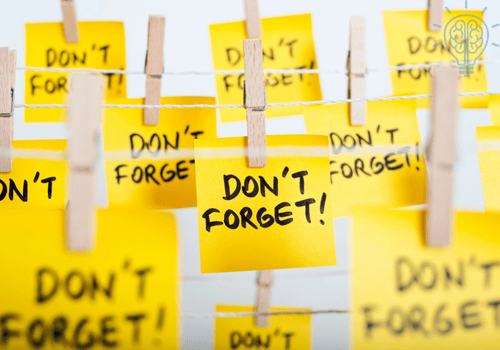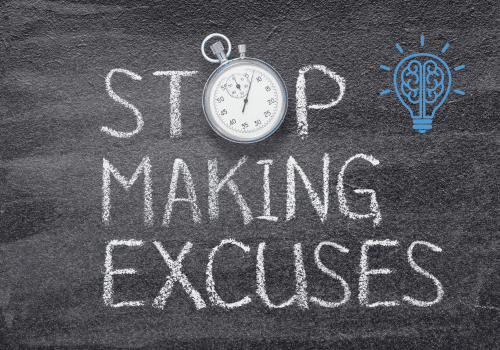🧠 “I have a big deadline coming up, but I keep zoning out and getting distracted. Why is focusing so hard?”
If you struggle to focus at work, even on tasks that matter, you’re not alone. Many professionals find themselves procrastinating, bouncing between emails, or mindlessly scrolling their phones—even when they know they need to buckle down.
It’s easy to blame laziness or lack of willpower, but the truth is, focus is deeply connected to brain function, executive skills, and your work environment. The good news? Once you understand why focus is slipping, you can use targeted strategies to regain control of your attention and productivity.
🔎 Why Is It So Hard to Focus at Work?
Several factors can impact concentration, from internal brain function to external distractions. Here are some of the most common reasons:
📱 Your Brain Craves Instant Gratification
Our brains are wired to seek novelty and quick rewards. Checking a notification or email gives a dopamine boost, reinforcing the habit of distraction.
⏳ Task Initiation Challenges
Getting started on complex or high-effort tasks can feel overwhelming, making procrastination more appealing.
🔄 Constant Task Switching
Jumping between emails, Slack messages, and reports taxes your brain’s ability to stay engaged. Each switch requires a “reset,” draining mental energy.
😫 Mental Fatigue
Long work hours, lack of breaks, or inadequate sleep can reduce cognitive endurance, making it harder to sustain attention.
📊 Lack of Clear Priorities
If everything on your to-do list feels equally urgent, your brain struggles to choose where to direct attention.
🏢 Your Work Environment Is Overstimulating
Open offices, background noise, or cluttered desks can lead to cognitive overload, making focus harder to maintain.
🚨 The Cost of Chronic Distraction
Struggling to focus at work isn’t just frustrating—it can have real consequences:
- 📉 Lower productivity and missed deadlines
- ⚡ Increased stress from last-minute work rushes
- 😕 Feelings of guilt or self-doubt about your performance
- 🔁 The cycle of burnout from working longer hours to compensate
The good news? Focus isn’t just about “trying harder”—it’s about building strategies that work with your brain, not against it.
🎯 Practical Strategies to Improve Focus at Work
Rather than relying on sheer willpower, use these strategies to set yourself up for better focus and productivity:
⏳ Use the “5-Minute Rule”
Getting started is often the hardest part. Commit to working for just five minutes—once you begin, it’s much easier to keep going.
📅 Time Block Your Work
Dedicate specific time slots for deep work, email, and meetings. Protect focused work periods like important appointments.
🔕 Minimize Distractions
Silence notifications, close unnecessary tabs, and use noise-canceling headphones if needed.
📊 Prioritize with the Eisenhower Matrix
Separate tasks into **urgent vs. important** categories to focus on what truly moves the needle.
🛑 Limit Multitasking
Work in focused sprints rather than juggling multiple tasks at once. Context switching drains mental energy.
💨 Take Strategic Breaks
Short breaks improve long-term focus. Try the Pomodoro Technique (25 minutes of work, 5-minute break).
🏃♂️ Move Your Body
Exercise and movement boost oxygen flow to the brain, improving cognitive function and focus.
🧠 How Executive Function Coaching Can Help
If you regularly struggle to focus at work, executive function challenges may be playing a role. Coaching can help you develop personalized strategies to improve attention, task management, and productivity.
With coaching, you can learn how to:
- 🎯 Strengthen task initiation to start projects more easily
- 📅 Build structure and routines that optimize focus
- 🔄 Reduce task-switching and improve sustained attention
- 🚀 Develop systems to prioritize and manage workloads efficiently
Improving focus isn’t about pushing harder—it’s about working smarter. By understanding the root causes and implementing the right strategies, you can take control of your attention and work more effectively.
Need help building better focus strategies? Contact us for executive function coaching today!




